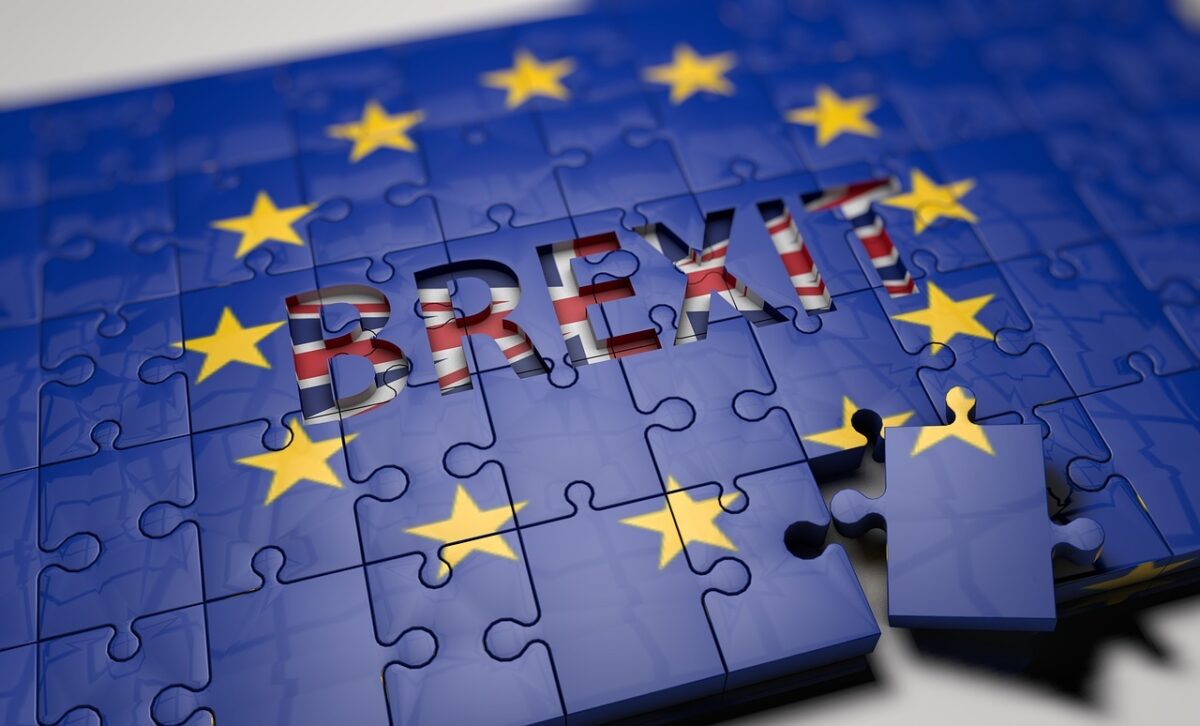BLOG
Brexit’s impact on the UK’s environmental, health and safety regulations

On 23rd June 2016, the United Kingdom became the first member state to vote to leave the European Union and…
 On 23rd June 2016, the United Kingdom became the first member state to vote to leave the European Union and trigger the Article 50 withdrawal process. Over an estimated timeframe of two years, the UK and EU will negotiate the least disruptive exit possible. The first Brexit negotiation phase begins in June 2017. Four months into the negotiation process, the reality appears to be a political deadlock.
Current political commotion aside, there is the question of the mammoth and complex task of organising the UK’s environment, health, and safety regulations (EHS). This article will explore the potential changes required to keep this intact post-Brexit, taking into consideration the UK government’s current position of favouring less interaction with the EU. The UK will also be leaving the European Economic Area, and will no longer be subject to EU laws[1] once the Repeal Bill has swapped EU laws for new UK laws.
On 23rd June 2016, the United Kingdom became the first member state to vote to leave the European Union and trigger the Article 50 withdrawal process. Over an estimated timeframe of two years, the UK and EU will negotiate the least disruptive exit possible. The first Brexit negotiation phase begins in June 2017. Four months into the negotiation process, the reality appears to be a political deadlock.
Current political commotion aside, there is the question of the mammoth and complex task of organising the UK’s environment, health, and safety regulations (EHS). This article will explore the potential changes required to keep this intact post-Brexit, taking into consideration the UK government’s current position of favouring less interaction with the EU. The UK will also be leaving the European Economic Area, and will no longer be subject to EU laws[1] once the Repeal Bill has swapped EU laws for new UK laws.
EU legal impact on the UK
Environmental issues transgress borders by nature. Widespread improvements have been seen across the EU – with significant impact in the UK[2] – thanks to its sustainable development objectives, notably the Waste Framework Directive, REACH (Registration, Evaluation, Authorisation and Restriction of Chemicals), and product standard regulation. A quarter of all EU laws can be found within the UK’s Department for Environment, Food & Rural Affairs alone.[3] The UK has shaped transnational electricity and gas markets and pushed for further carbon reduction within the EU, itself having reduced carbon emissions by 34% between 1990-2014.[4] The UK’s Health and Safety Executive (HSE) is widely considered world-class in its kind. But the EU has its role to play, too; for instance, its Management of Health and Safety at Work Regulations 1999 establishes ways in which employers must ‘identify, evaluate, avoid, and reduce workplace risk’.[5]Environmental compliance
There has been widespread concern over Brexit’s potential impact on changes to domestic environmental legislation. Environmental groups and professional bodies alike have voiced concerns that by leaving the EU and EEA, environmental standards in the UK could be trimmed down.[6] Furthermore, laws transferred through the Repeal Bill would be through statutory instruments or secondary legislation, which can be amended or revoked by the government in the future.[7] Uncertainty is unconducive to business’ ability to make long-term plans – therefore it is important that both the UK government and the EU Commission maintain transparency about potential changes.Air pollution & chemicals
Waste
Compliance and Energy in Businesses post-Brexit
Businesses in the UK are bound by the EU’s Energy Savings Opportunity Scheme Regulations 2014, the primary regulation to lower energy consumption for large undertakings. The scheme (ESOS) is mandatory for businesses that meet the financial and employee number requirements, transposing Article 8 of the EU Energy Efficiency Directive. It requires businesses to[10]: 1) Calculate total energy consumption 2) Identify areas of significant energy consumption 3) Appoint a lead assessor 4) Notify the applicable environmental agency 5) Keep records ESOS Phase 2 is due in 2018, as part of its on-going 4-year cycle. Compliance with the regulations for qualifying companies will not change as a result of the UK leaving the UK, as it has been adopted in the UK’s energy regulations. Compliance, therefore, must be submitted to the relevant environment agency, depending on the location of the undertaking. Improving on energy usage across the lifecycle is fundamental to achieve UK’s carbon reduction objectives, and therefore as we look ahead to the UK outside of the EU, substantial changes to ESOS are not expected. The challenges surrounding Brexit have only just begun. There will be unmatched chaos among businesses and individuals with regard to their EHS obligations and the enforcement of remnant EU laws. With the UK pushing for a trade deal allowing access to the single market, it will be difficult to deviate too far, as any new UK regulations must comply with the European standards in order to keep their trading relationship. [1] House of Lords European Union Committee, 2017 [2] IEEP, 2016 [3] Rowe, 2017 [4] Fischer and Geden, 2016 [5] Bridges, 2016 [6] CIWEM, 2017 [7] Lucas, 2017 [8] European Commission, 2017 [9] Clifford Chance, 2016 [10] Evers and Sear, 2017 Author: Alex Brown EHS Expert, Red-on-line UK

